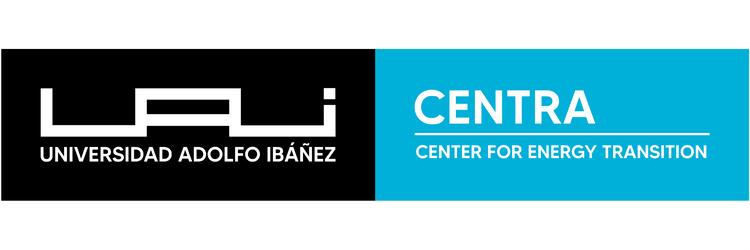UAI and WEC Chile organize panel on clean fuels and energy transition
April 3, 2024
As part of Women’s Month, the Faculty of Engineering and Sciences of the Universidad Adolfo Ibáñez (UAI) together with the World Energy Council Chile (WEC Chile), organized the panel “Hydrogen and clean fuels”, led by four leading industry experts. In the instance, the current situation of renewable energy in the country was addressed, as well as the articulated collaboration between the State, business and academia, to advance the local energy transition.
In the conversation, which also raised the urgent need for more women to join the energy sector, participated as panelists Asunción Borrás, Head of Hydrogen Business Development of ENGIE Chile; Katherinne Erber, Sales Manager of Siemens Energy; Magdalena Ossa, head of Green Hydrogen in Colbún, and the expert in Sustainable Aviation Fuels (SAF) and research associate at the University of British Columbia, Dr. Susan van Dyk. In the role of moderator was Tomás Budinich, Specialist Director Operations Transformation ER&I of Deloitte.
The dean of the Faculty of Engineering and Sciences of the UAI, Claudio Seebach, was in charge of welcoming the event and took the opportunity to emphasize the commitment of the university to gender equality: “We are becoming more aware every day, but we also need to advance much more in rights and gender equality (…) We have to do something to be more inclusive and, obviously, the world of science, technology and energy transition is not exempt from that”.
Meanwhile, María Trinidad Castro, executive director of WEC Chile, stressed the importance of holding this type of meeting “of content and dialogue that are so necessary on issues such as energy transition (…) And today we hope to meet the expert view of women who are, from various parts of our industry, leading and moving towards better and greater solutions to build a better place to live for all people”.
Katherinne Erber said that “the world needs to move to clean fuels and cleaner energy, but we are not ready yet”. According to a study by Siemens Energy together with international consultants, they concluded that Latin America is only 22% ready to move towards an energy transition. “That is why our role is to partner with governments and companies. We do not make energy, but we are the right partner in this transition because we have something to contribute throughout the value chain,” she said.
Asunción Borrás addressed the development of the hydrogen industry in Chile, highlighting that since 2018 “we have had great progress in the country. We managed to bring out the national strategy (of Green Hydrogen). At the beginning, I think, there were less than 10 pilot projects and today there are already more than 60 at the country level. However, they are still more long term”. He added that “we will lack an intermediate learning stage in medium-sized projects, because almost all of us are betting on large-scale projects”.
In this same scenario, Susan van Dyk pointed out that “we have to look at short-term opportunities while we are working on long-term objectives”.
Magdalena Ossa explained that “today there are many barriers to entry and it is important to break down them to break the initial inertia and for this to begin to turn itself around”, so that “the project development process is easier and smoother and can be more profitable on its own”, she said.
Finally, Susan van Dyk addressed the need to challenge established patterns regarding female participation in the energy industry, asserting that “unconscious discrimination is very powerful, partly because society falls into those stereotypes (…) So we have to continue what we are doing, have strong voices even when the perception is not positive, and encourage other students and young women to believe in themselves”.
See news in UAI
